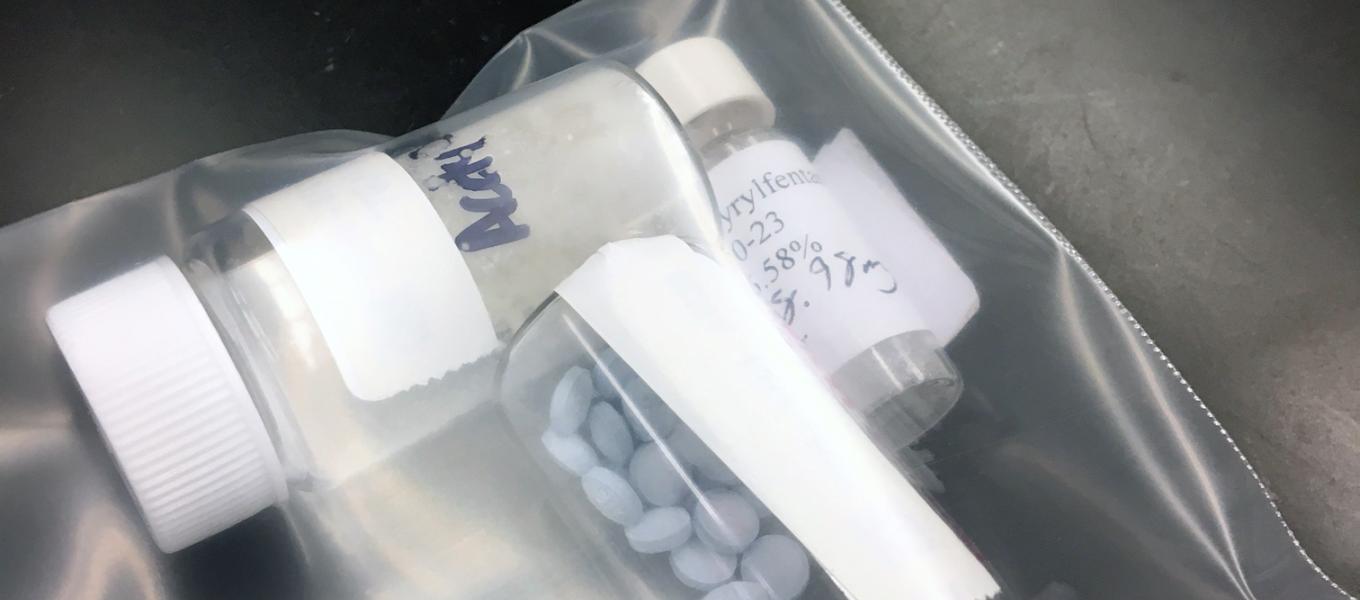
By Andy Brack, editor and publisher | Members of the S.C. House of Representatives say they know they have a lot of work still to do to combat the state’s crisis of opioid addiction, but they also say they’ve come a long way.
In 2018, a special committee of House members released a 29-page report with more than four dozen recommendations, including more monitoring and limits of opioid prescriptions, more education and prevention efforts about opioids’ dangers, tougher criminal penalties, more counseling, more crisis intervention, better infrastructure and new programs. In short: An overhaul of what was being done. Read a 2019 update to the original report.
Since the original report, lawmakers have approved more than a dozen bills to put a dent in opioid addiction including opioid-related measures to monitor prescriptions, requiring informed consent for medications given to minors, updating drug laws, adding some community services, prescription limits, processing changes, and more that $11 million in prevention and capital improvement funding.
“The goal was to study the issue and figure out how the state was to do better,” said S.C. Rep. Russell Fry, the Horry County Republican who chaired the study committee before it sunset in 2020. “Most study committees study and don’t have a success rate with [getting] bills [signed into law], but there’s still a lot of work to be done.”
Despite legislative success, things are getting worse as opioids are the cause of almost 70 percent of the nation’s overdose deaths. South Carolina, a new Quotewizard study says, has the fifth highest overdose death rate in the nation with 1,568 overdose deaths in 2020 compared to 1,107 the year before. Bottom line: As thousands of South Carolinians died from COVID-19 in 2020, overdose deaths went up 41.6 percent.
What’s ahead
Fry said while the committee isn’t formally empaneled anymore, members continue to have bipartisan talks and file bills when new ideas to attack the opioid crisis develop.

“There is not one single magic bullet that will solve it all,” he said, adding that curbing addictions will take a holistic community approach with better access to care, education and prevention as well as improvements for law enforcement.
During the 2021 session, lawmakers started the process to move several opioid-related bills along. One, a measure to require prescribers to offer a prescription to the opioid overdose antidote, naloxone, under certain conditions, was signed into law in April. Pending bills include:
Criminal: Boosting penalties for trafficking in illegal synthetic opioids and trafficking in fentanyl; expanding the definition of involuntary manslaughter to include some drug-related deaths; and allowing the state to expand drug classifications.
Treatment: Expanding methadone use to treat addictions, which Fry said should help rural communities grappling with opioids; and authorization of “deflection programs” to allow police to steer those addicted to opioids into programs before they get in trouble with the law.
Training: More training for coroners and medical examiners to help identify opioid-related deaths.
Despite several bills dealing with criminal penalties, Fry said law enforcement concerns haven’t been a focus of the committee’s work, pointing to millions for treatment and infrastructure in the state’s budget.

But House Minority Leader Todd Rutherford, a Columbia Democrat who served on the study committee, said some of the group’s effort got the wind knocked out of its sails with the coronavirus pandemic.
He said he worried House members were trying to address the problem as it has in the past.
“We keep acting like law enforcement is going to tell us what to do … and they don’t know,” he said. Later he added, “While law enforcement is so busy getting money from it [the opioid crisis] and the legislature is busy passing laws against it, the problem is getting worse. People are dying.”
Rather than rely so much on law enforcement, Rutherford said the legislature needed to look at why people are demanding opioids. On top of that, it should then consider the possibility of legalizing “softer drugs,” such as marijuana, to ease pain and suffering as an alternative that’s not addictive.
“Why we are not trying that when trying the alternative [status quo] led to a 40 percent increase [in overdose deaths] makes no sense.”
Getting ready for something new
Fry said some states are reaping financial rewards in settlements of lawsuits against the makers of opioids. Oklahoma, for example, got $355 million in settlements in 2019. West Virginia received $27 million in an early settlement in 2018 from one company. This year, 48 states, including South Carolina, got a $573 million settlement from a consulting company’s role in the opioid epidemic.
At some point, cases by the state of South Carolina and some of its counties likely will come to a head with a pot of settlement money. And lawmakers should plan now how to make it work to reduce opioid addiction, not spend it on other things, Fry said.
“It’s my hope that when and if our cases settle that a bulk of this would go toward eliminating the problem within the state.”
- Previous coverage: Response to opioid crisis has only just begun, state officials say (June, 6, 2019)
- Have a comment? Send to feedback@statehousereport.com
















 We Can Do Better, South Carolina!
We Can Do Better, South Carolina!